As the world races to switch to electric vehicles, Toyota President Akio Toyoda continues to take a cautious stance on pure electric vehicles. According to him, in Japan, electric vehicles are not necessarily the green solution many people expect. On the contrary, they pollute more than hybrid vehicles when considering the entire product life cycle.
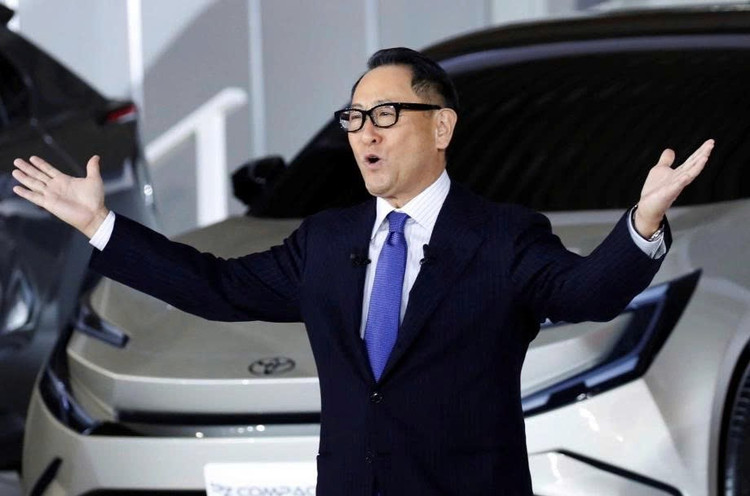
In an interview with Automotive News, Toyoda said it was dangerous to force the entire auto industry to electrify too quickly. Toyota has sold about 27 million hybrids since introducing the first Prius in 1997. These hybrids, he said, emit the same amount of CO₂ as 9 million pure electric cars, including the manufacturing process and batteries. “That means a pure electric car is three times more polluting than a hybrid,” Toyoda said.
Why electric cars are not necessarily “green”?
While many studies, including one from InsideEVs, have shown that electric vehicles emit fewer emissions over their lifetime, Toyoda has focused on the manufacturing and charging phases. He argues that if Toyota were to produce 9 million pure electric vehicles in Japan, its carbon emissions would increase, since the majority of electricity in Japan still comes from coal-fired power plants, which are major emitters.
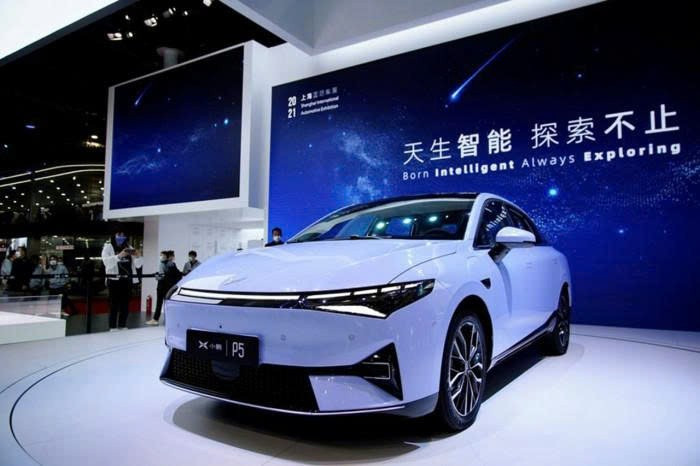
“Moving to electric vehicles too quickly without improving the energy system is unsustainable,” he said. And a sharp cut in the use of internal combustion engines could also put millions of jobs in global supply chains at risk.
Criticized but still leading the market
Toyota has been criticized for being “slow” in the electric car race, especially compared to its Chinese, Korean and American rivals. However, the reality is that the company has maintained its position as the world’s largest automaker for the fifth consecutive year (as of 2024). Its “step-by-step” strategy with hybrids and improvements to existing gasoline engines seems to be working.
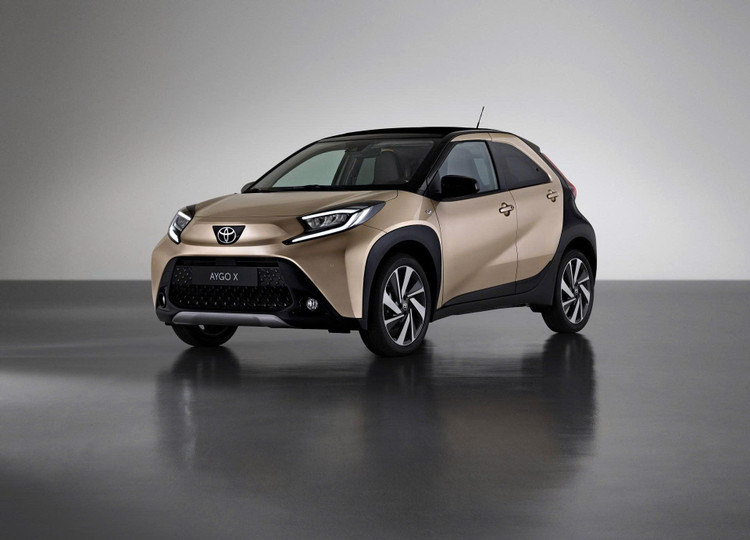
Toyota’s latest petrol-powered car, the Aygo X, is a hybrid and is currently the non-plug-in car with the lowest CO₂ emissions on the market, helping it maintain its advantage in markets not yet ready for fully electric vehicles.
While Toyota has not ruled out the future of electric vehicles, Toyoda has predicted that the market share of pure electric vehicles will not exceed 30%. Instead, the company is betting heavily on hybrids and hybrids.
Although the Mirai compressed hydrogen car failed commercially, Toyota still has high expectations in the long term. The company is cooperating with BMW to mass produce hydrogen cars by 2028. In addition, Lexus, a subsidiary of Toyota, has launched the RZ electric car, which will arrive in the US market in 2027.
Toyota is not giving up on internal combustion engines.
Toyota continues to invest in traditional gasoline-powered vehicles, not only in hybrid and electric vehicles. CEO Koji Sato once declared: “A car is no longer a car if it does not provide driving pleasure.” This is clearly reflected in the plan to revive the Supra, Celica, and Lexus's preparation to introduce the GT3, a high-end sports car with a V8 engine.
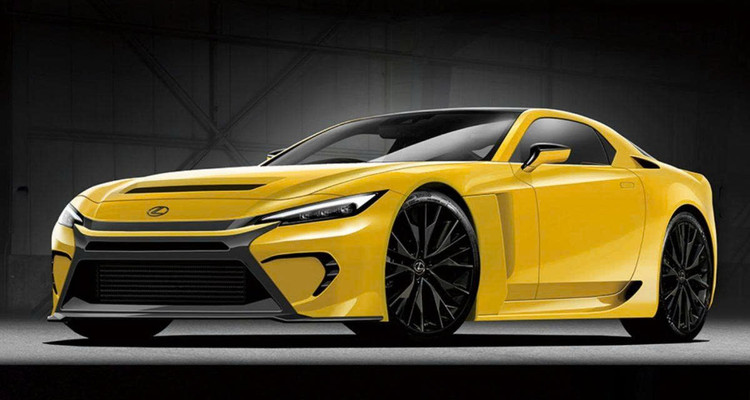
Rather than betting all on electric vehicles like many other companies, Toyota is pursuing a multi-technology strategy, from gasoline, hybrid, electric to hydrogen. That is how Akio Toyoda believes the company will stay competitive in the uncertain future of the auto industry.
Source: https://khoahocdoisong.vn/chu-tich-toyota-oto-dien-gay-o-nhiem-gap-3-lan-xe-hybrid-post1548139.html





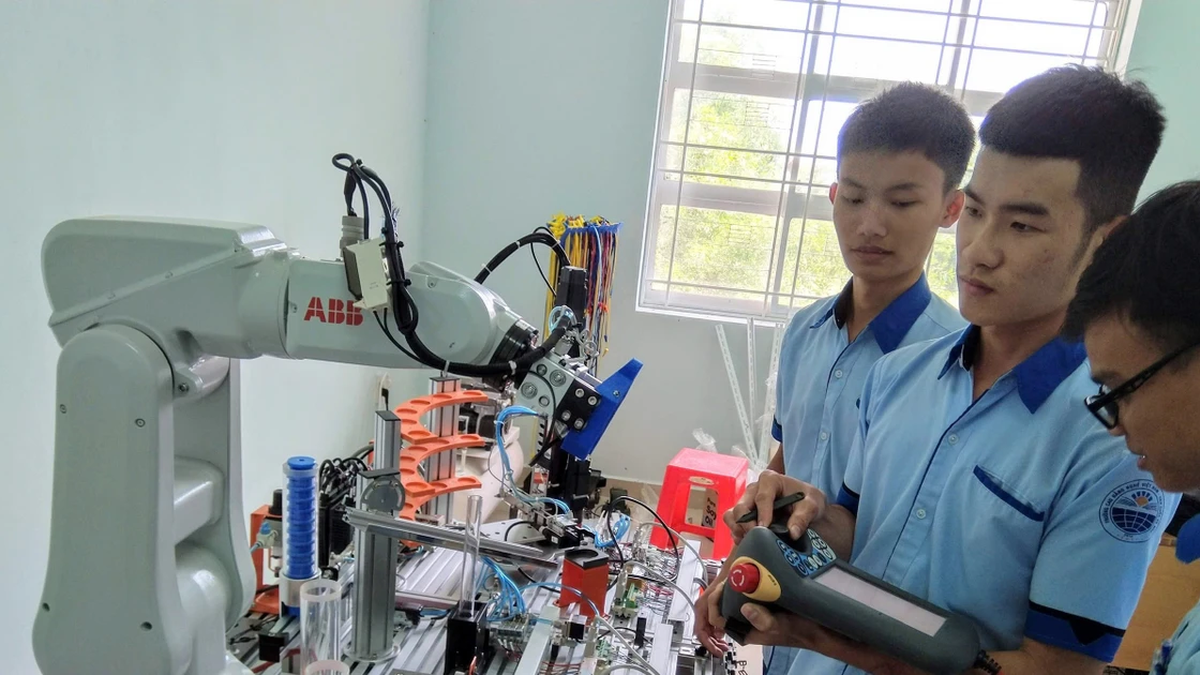

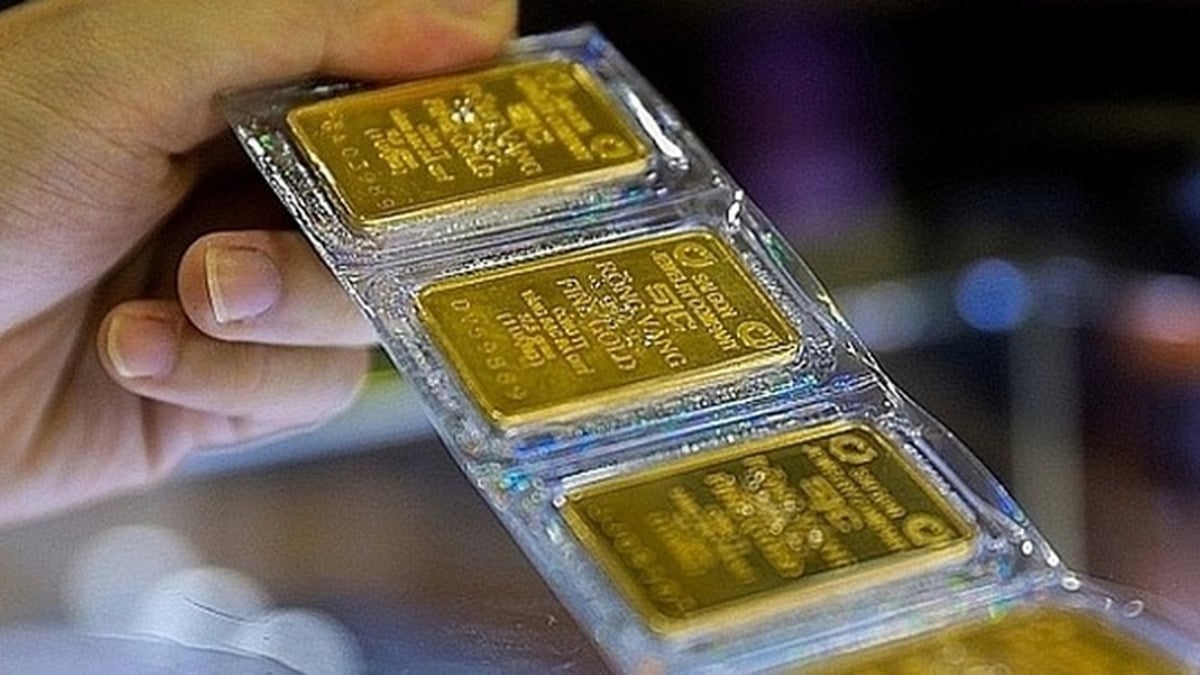
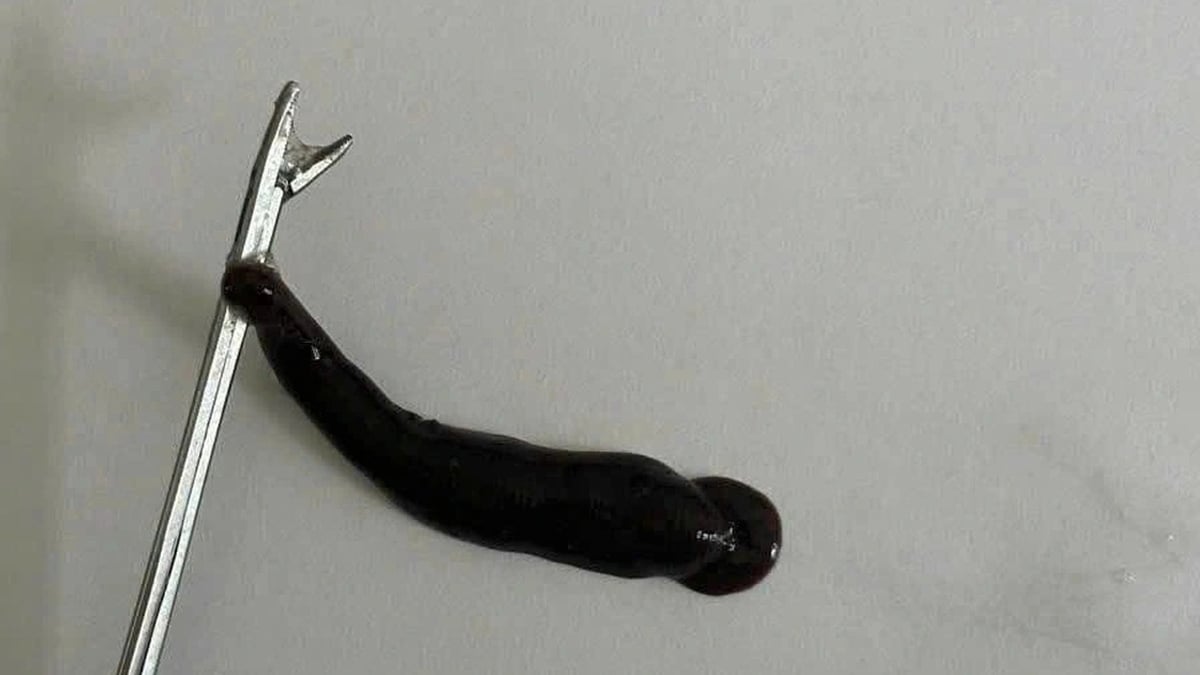













![[Photo] Nghe An: Provincial Road 543D seriously eroded due to floods](https://vphoto.vietnam.vn/thumb/1200x675/vietnam/resource/IMAGE/2025/8/5/5759d3837c26428799f6d929fa274493)




![[Photo] Discover the "wonder" under the sea of Gia Lai](https://vphoto.vietnam.vn/thumb/1200x675/vietnam/resource/IMAGE/2025/8/6/befd4a58bb1245419e86ebe353525f97)



























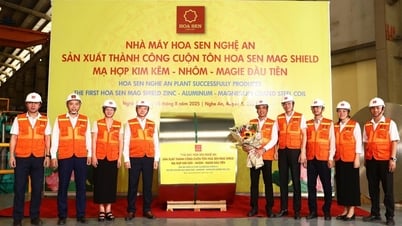
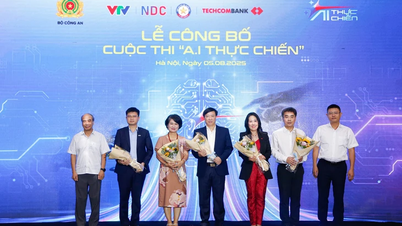











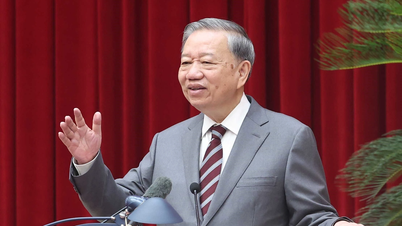







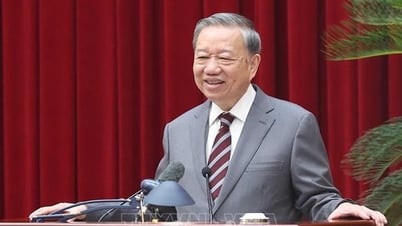




















Comment (0)